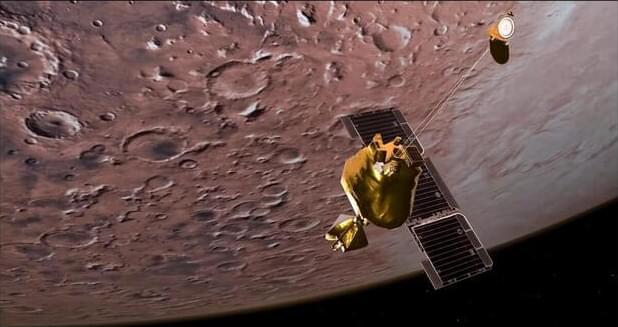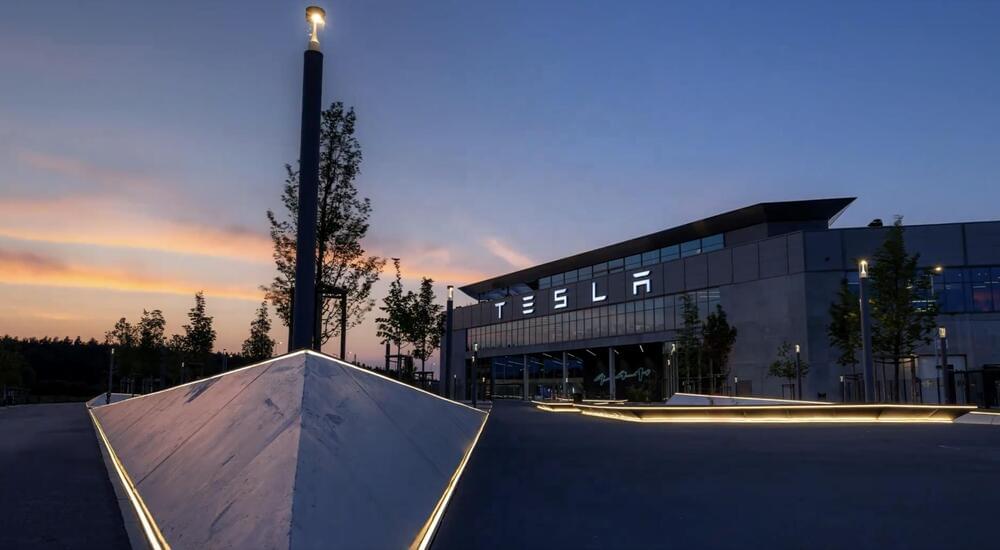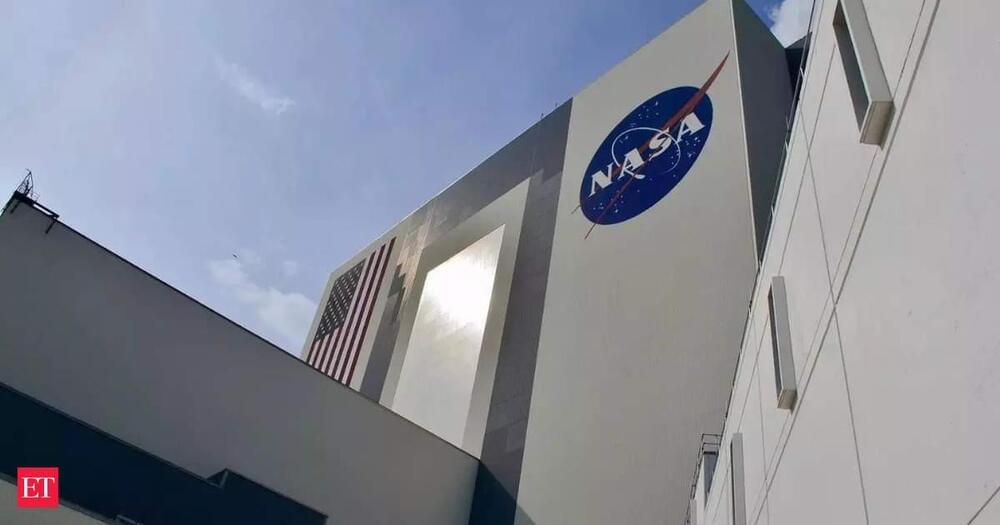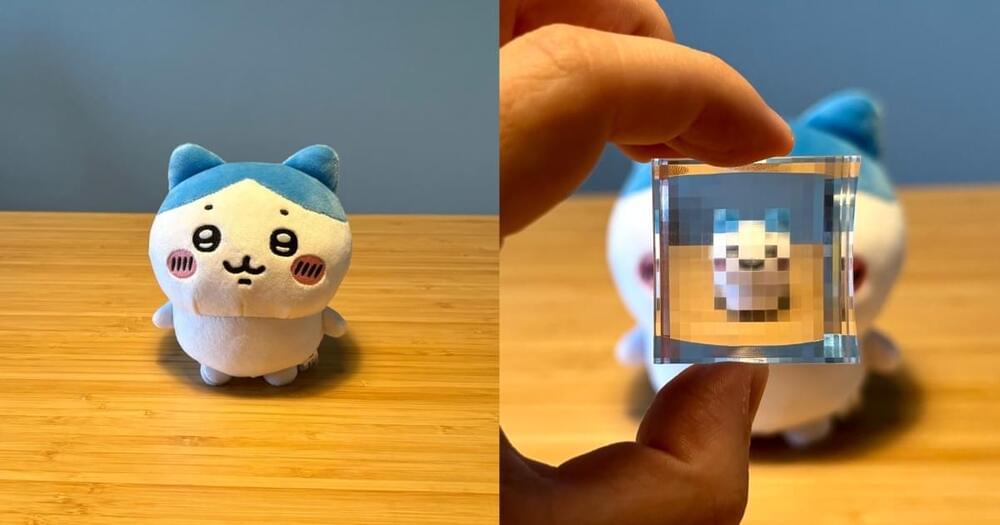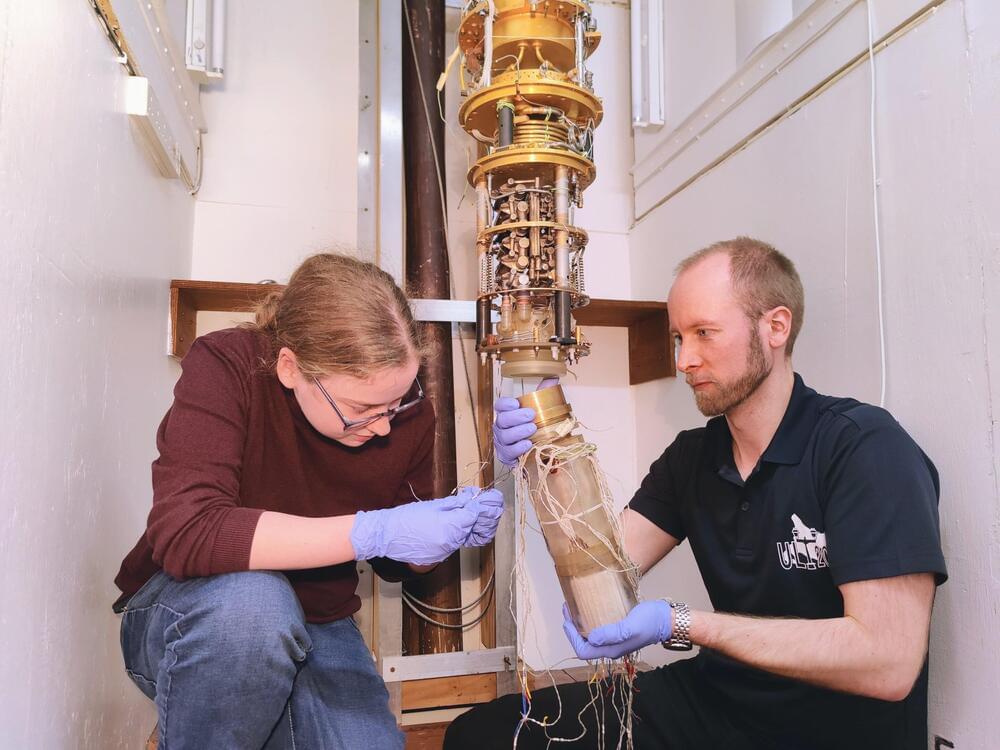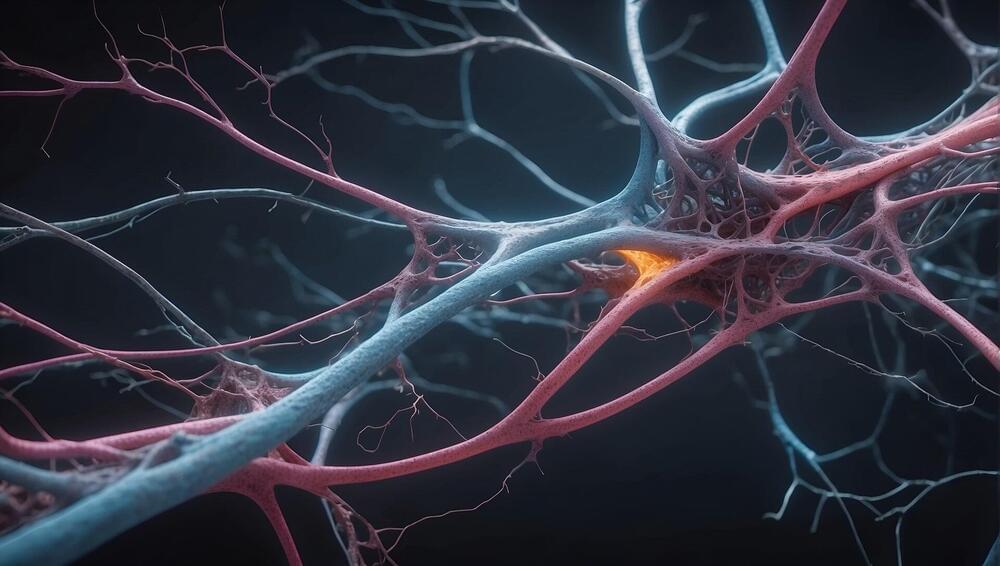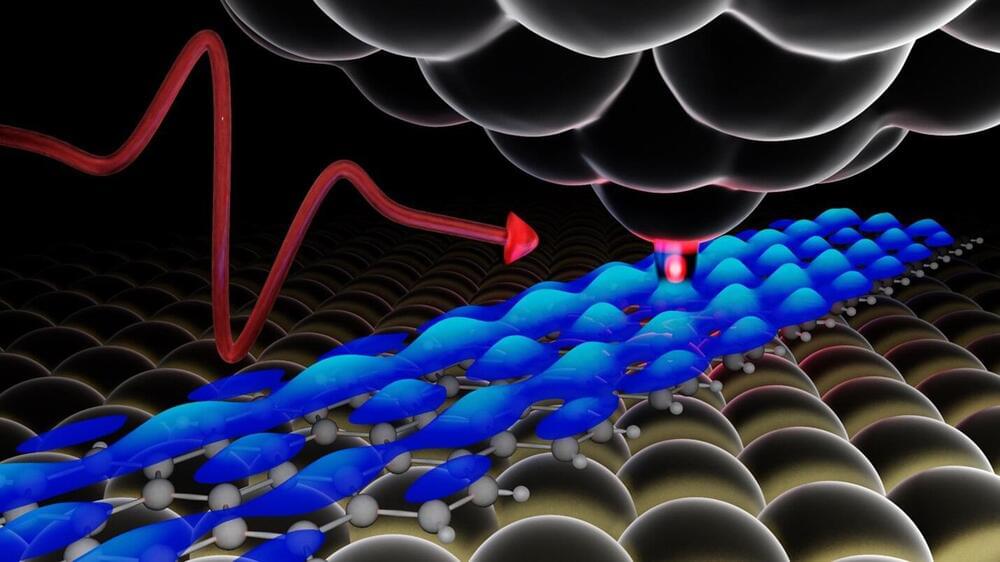Earth’s largest volcano is Hawaii’s Mauna Loa, a shield volcano with a volume of 18,000 cubic miles. Olympus Mons is 100 times larger. It covers an area 373 miles (600 kilometers) across, about the size of the state of Arizona, and its summit is 17 miles (27 kilometers) high. That is twice the altitude at which commercial jets fly on Earth. Those are both huge measurements for a volcanic feature, but the incredible surface area makes the height look less impressive.
“Normally we see Olympus Mons in narrow strips from above, but by turning the spacecraft toward the horizon we can see in a single image how large it looms over the landscape,” said Odyssey project scientist Jeffrey Plaut.
Odyssey has been orbiting Mars for more than 20 years, having arrived in 2001 to search for water ice buried under the surface. It has spent all these years looking straight down, but NASA fired the probe’s thrusters to reorient it to point the Thermal Emission Imaging System (THEMIS) at the horizon. That’s how mission managers got the panorama below.
